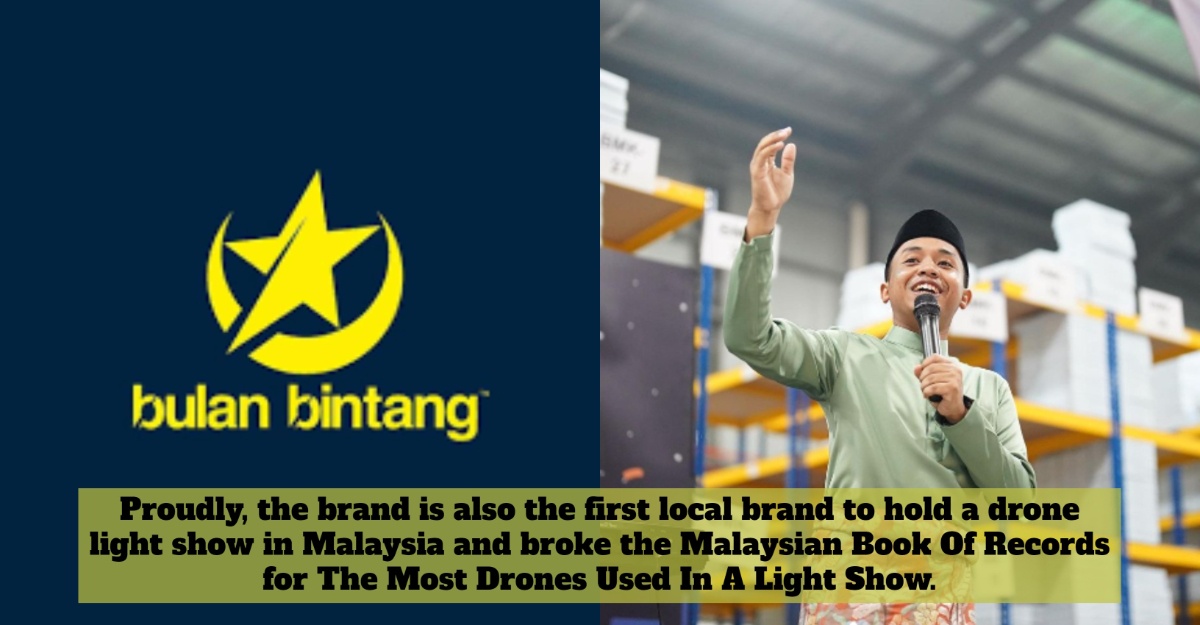The last decade saw a decline in peace around the globe. Violence, terrorism and civil wars had become increasingly prominent. As these continue, the negative impact extends to the point where it jeopardises economic development as well as business. War affects companies and the populations of not only the countries involved but also other parts of the world as most countries nowadays depend heavily on other nations for support, as reflected by the daily import and export activities.
Business is seen as a catalyst for economic activities. By transforming raw material into output, the products produced are sold to customers around the globe. The transaction between business and customers has generated economic conditions which benefit various parties, from the wholesalers to the transporters to the traders, promoters, retailers and the users of the final products. These activities also cover many industries, such as transportation, manufacturing, services, mining and others. So, how far are businesses related to the war so far?
By referring back to the root of the economic activities, businesses are also known as inventors or game changers to the people. People benefit from the inventions made by businesses through research and development (R&D), testing and validation over time. Electronic products, packaging foods, electrical, advanced telecommunication, software and weaponry are among others. These products have helped many people in daily activities. The products could also be manipulated by some parties in order to gain control of other people, or even a nation. Or even worse, lead to war through the use of the inventions.
Some businesses and institutions have tools and capacities to set trends in society. Some can also utilise their strong brand presence in order to shape the economy, the way humans use technologies and how certain products they produce are used by customers around the globe. If the capacity is used positively, it could benefit most of the people, or the result could be otherwise if businesses have negative intentions. For instance, the knowledge and technology embedded in some businesses could be used to produce weaponry. They could take advantage of the war to reap most of the profit. Thus, the monopoly of power could have an adverse impact to other businesses.
Conflict in technology sharing
The world also realises that the fastest way of business globalisation is due to technology implementation. Technology disseminates opportunities and threats to the business as well as spreads info on new trends and product innovations to customers and potential customers. However, technology does not only act as a catalyst to war if it is misused, but also becomes an effect if war occurs. One of the effects of war towards technology is conflict in technology sharing between joint-venture companies. It is difficult to separate machinery, high-tech equipment and database information. Furthermore, determining which party should be responsible in handling such technologies requires the provision of high costs and expert capabilities.
Generally, wars have negatively impacted businesses and industries. Wars interrupt the interdependency between nations. Thus, some products will be restricted from entering certain nations. This situation is worrisome to the owners of franchise companies, business partners, suppliers and all parties in the supply chain system, the reason being that disruption of one aspect in the supply chain could affect another. For example, the restriction imposed on raw materials from one country to other nations could affect the profit, target market, suppliers, raw materials, land, labour, technology and others.
For instance, if a factory is unable to receive the raw materials needed, it will potentially lead to a decrease in the volume of production. Reduction in production will lead to a drop in profits. The longer term implication is the possible eventual halt to the business operation.
Recently, various established brand names withdrew their operations from Russia after Russia went to war against Ukraine. Moreover, this condition presents a formidable challenge to the economy of one particular country. It never rains but it pours, especially when the world is rebuilding an economy hit by the COVID-19 pandemic. And, Russia is facing the war crisis at the same time.
The fate of expatriates
Apart from that, the sharing of labour expertise is also limited due to the war. This situation has changed the fate of expatriates. Businesses and companies that had to close suffered job losses, and triggered an immediate shortage of money. Besides, they had to be ready if the government ordered them to repatriate to their home nations.
In the future, such risks will be a stumbling block for other expatriates who want to work abroad. The uncertainty of working abroad due to the war has a huge impact on expatriates. The same goes to companies. They will think numerous times about recruiting expatriates because doing so incurs high cost and complicates the process of handling transaction of human resources.
The effects of a war will highlight how vulnerable a nation can be, either in the business perspective or overall. Some nations are unable to fulfil their peoples’ demands, and lay off workers, leading to inflation through increases in the prices of products. Over time, if the problem is not solved, it could continuously contribute to a higher unemployment rate, inflation, backwardness and poverty. Then, it could be the starting point for social problems, loss of human capital and inefficient use of resources. These situations will eventually become a burden to the local governments since they have to find solutions to minimise the war effect. In fact, the countries involved could suffer a loss in national income stemming from less tax revenue and higher government borrowing.
Hence, avoiding a war could protect not only business entities but also benefit the various parties involved in the business supply chain. Various sectors, specifically oil and gas, agriculture, mining, consumer and manufactured goods, and financial services that businesses operate in, could also be saved.
Sources: BERNAMA






















